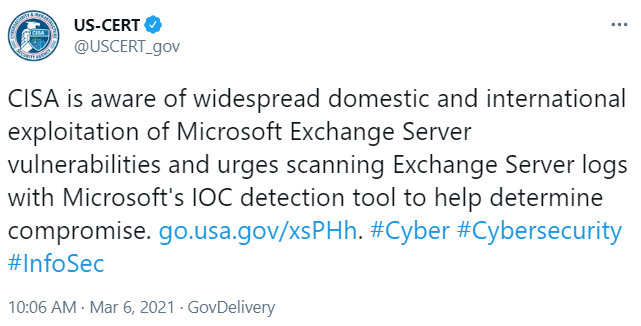Teen on Musk’s DOGE Team Graduated from ‘The Com’
Wired reported this week that a 19-year-old working for Elon Musk’s so-called Department of Government Efficiency (DOGE) was given access to sensitive US government systems even though his past association with cybercrime communities should have precluded him from gaining the necessary security clearances to do so. As today’s story explores, the DOGE teen is a former denizen of ‘The Com,’ an archipelago of Discord and Telegram chat channels that function as a kind of distributed cybercriminal social network for facilitating instant collaboration.









